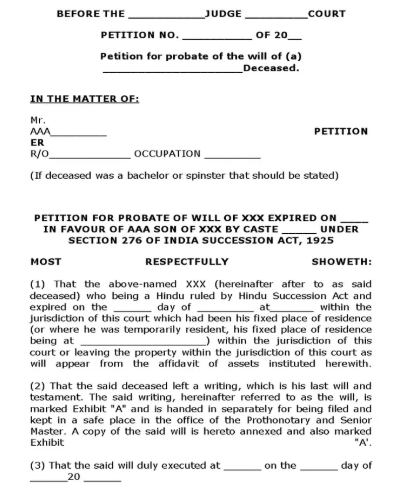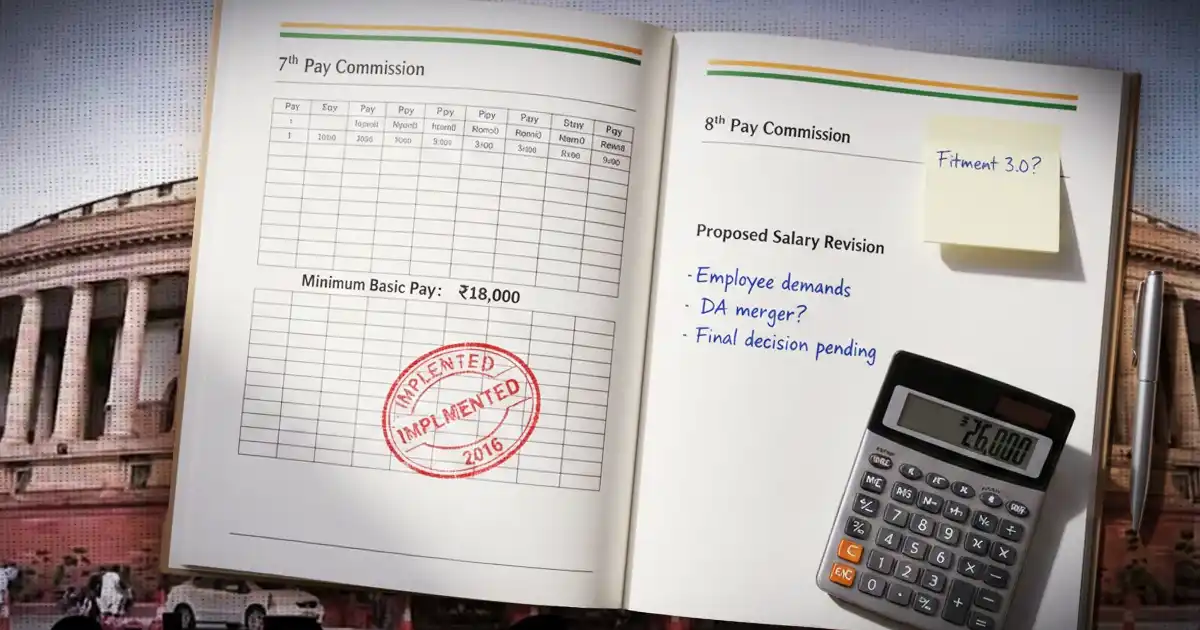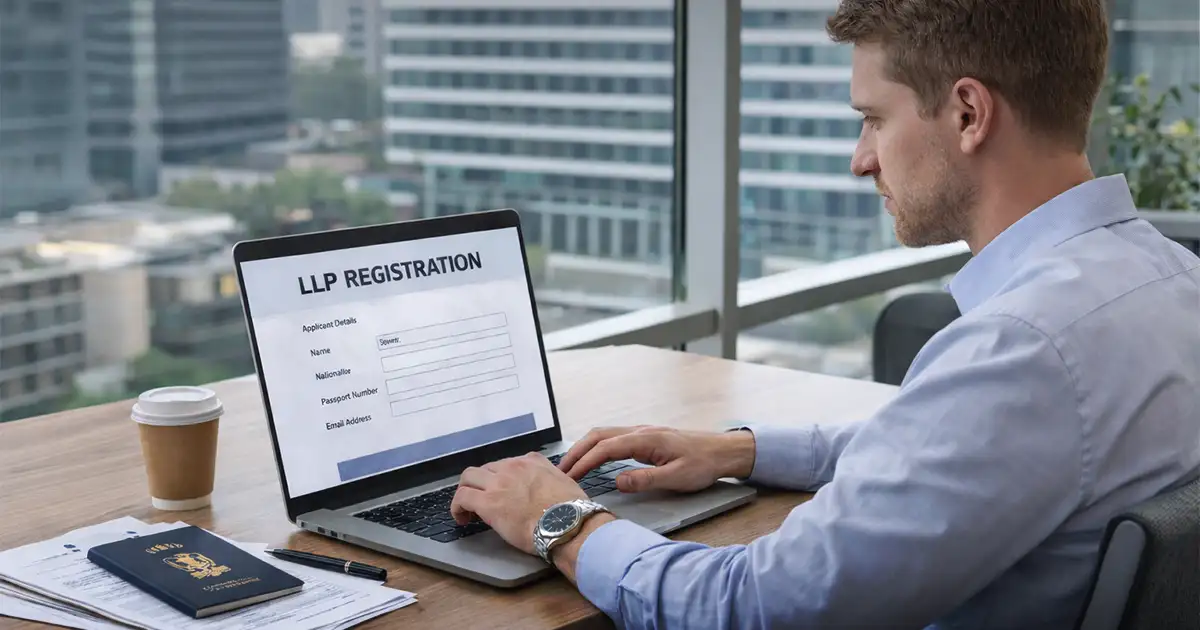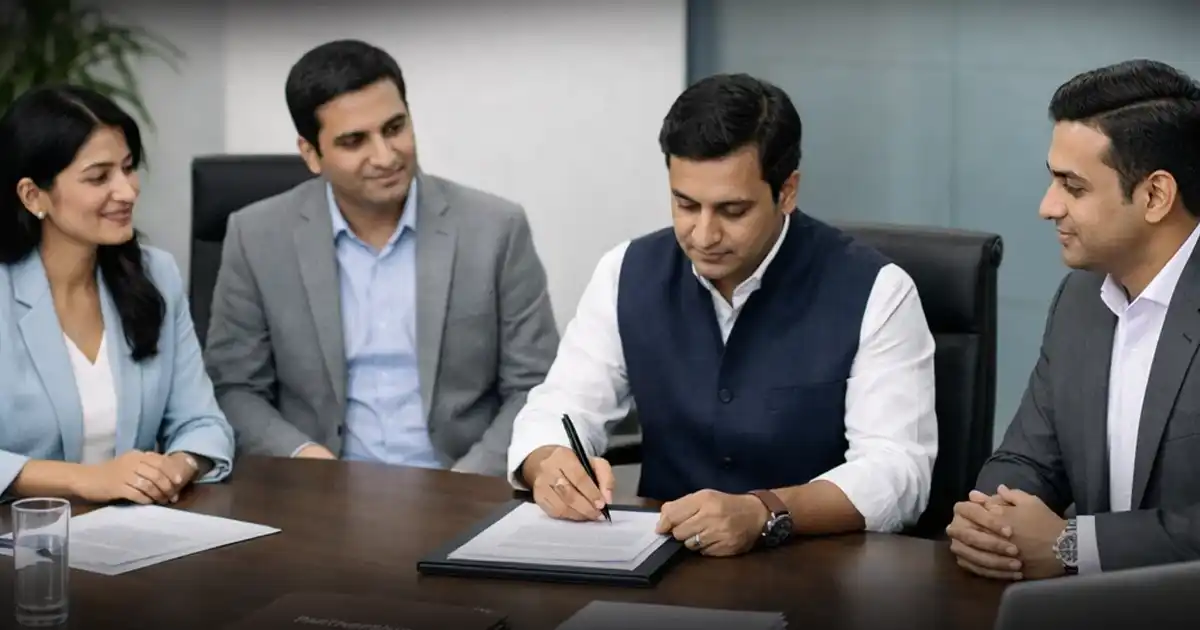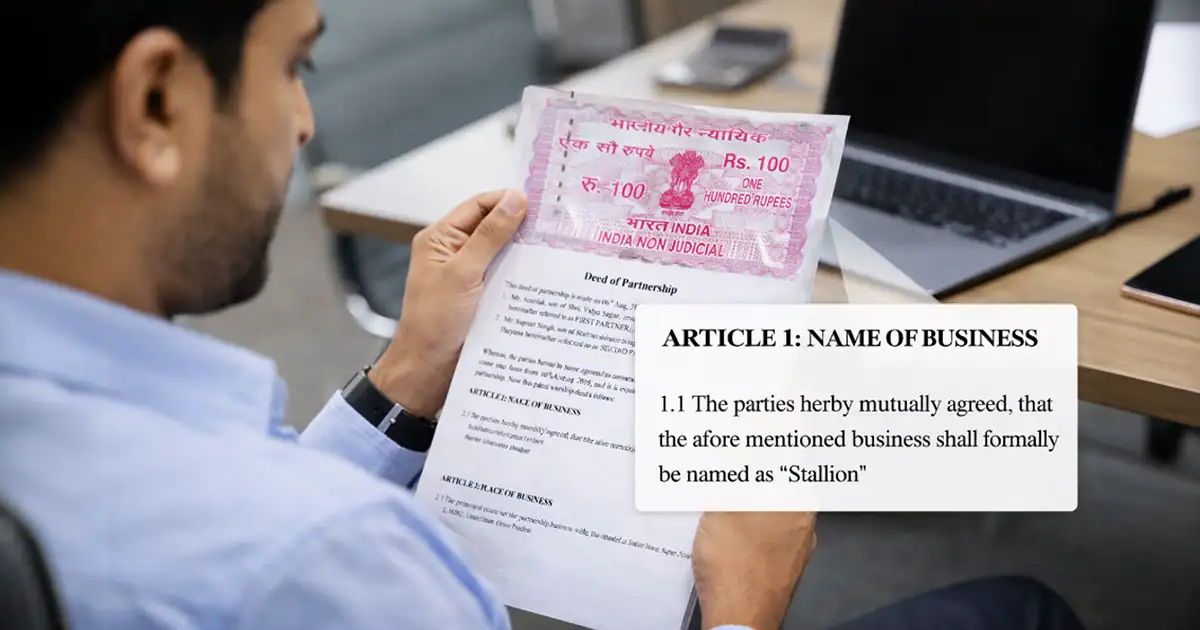Probate of a will is a legal process under Section 213 of the Indian Succession Act, 1925, where a court verifies and validates the authenticity of a deceased person’s will. It acts as official proof that the will was made voluntarily and represents the last testament of the deceased.
Historically, probate laws were strictly applied in Presidency Towns under British India, which included Mumbai, Chennai, and Kolkata, making probate generally mandatory for immovable property in these cities.
In other parts of India, probate is optional unless the will is contested or required by banks or financial institutions. Even in such cases, it is advisable to obtain probate to ensure smooth asset transfer, avoid disputes, and protect the rights of beneficiaries.
Once granted, probate gives the executor named in the will the legal authority to manage, distribute, and transfer assets according to the deceased’s wishes, ensuring transparency and legal protection for all parties involved.
Why is a Probate Certificate So Important?
A Probate Certificate is crucial because it legally confirms the validity of a will and grants the executor the authority to carry out the deceased’s final wishes.
Without probate, the executor may face legal hurdles while transferring or managing the deceased’s assets, especially for immovable property or investments.
- Legal Recognition: It acts as conclusive proof that the will is genuine and was executed properly.
- Executor Empowerment: It authorizes the executor to access bank accounts, sell property, or distribute assets.
- Prevents Disputes: It helps avoid conflicts among heirs or legal challenges over the will’s authenticity.
- Required in Certain Jurisdictions: In cities like Mumbai, Chennai, and Kolkata, probate is mandatory for wills involving immovable property.
- Asset Transfer Clarity: It simplifies the process of transferring titles and ownership to beneficiaries.
Is Probate of a Will Compulsory in India?
Probate of a will is not always compulsory in India—it depends on the location of the property and the religion of the deceased. However, in certain cases, probate is mandatory by law.
| Criteria | Is Probate Compulsory? | Details |
| Will made by a Hindu, Sikh, Jain, or Buddhist | Yes, if the property is in Mumbai, Chennai, or Kolkata | Probate is mandatory for immovable property located in these cities. |
| Will made by a Hindu, Sikh, Jain, or Buddhist (other religions) | Not compulsory (unless contested or required) | Probate is optional, but may be required by banks or authorities. |
| Will made by a Muslim | Not applicable | Muslim inheritance is governed by personal law; probate is generally not required. |
| Will is contested | Yes | Probate becomes necessary if any legal dispute arises. |
| Executor needs legal authority to manage assets | Recommended | Even if not mandatory, probate ensures smooth execution and avoids disputes. |
| The property involved is movable | Not compulsory | Probate is usually not required unless disputes arise or are demanded by entities. |
Did You Know? In India, probate is generally granted to the executor named in the will. If no executor is named, the court can appoint an administrator to manage the estate and distribute assets according to the deceased’s wishes.

